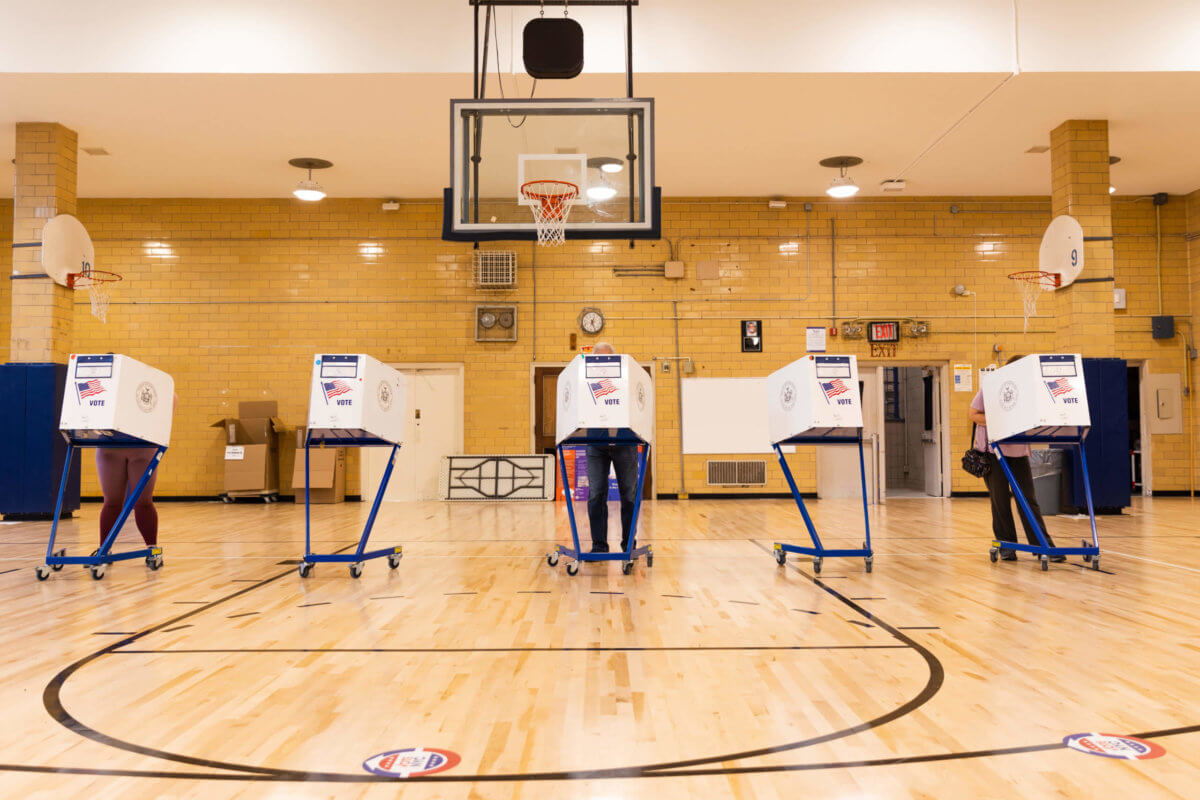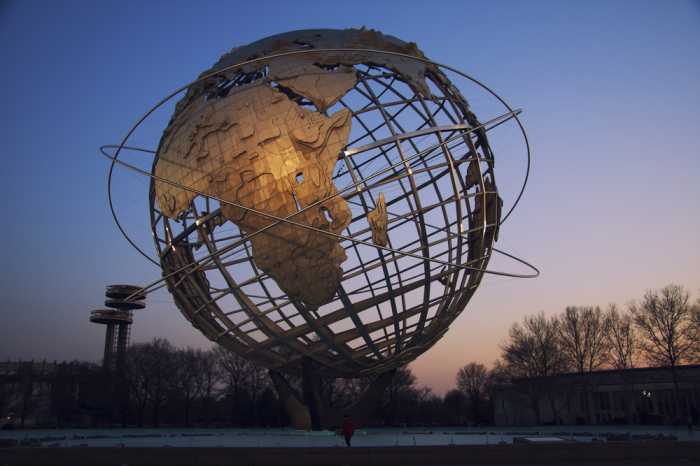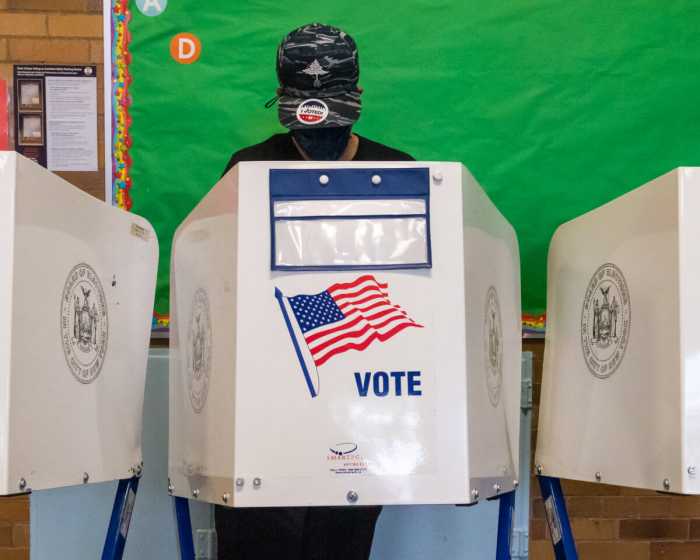It turned out that the 10th Congressional District primary is the poster child for what’s wrong with how New Yorkers elect candidates for public office.
Trump impeachment attorney Dan Goldman claimed victory in the primary last week, besting a field of 13 challengers vying for the Democratic nomination to the seat — and an also certain victory in the November general election.
The problem is that Goldman came out on top with 25.72% of the vote, according to preliminary results. That, along with his more moderate views, didn’t sit with the progressive crowd who preferred either Assembly Member Yuh-Line Niou, who ran second and sits just 1,300 votes behind Goldman, or Congress Member Mondaire Jones, whose electoral relocation from the Hudson Valley to Lower Manhattan and Brooklyn went awry.
Combined, Niou and Jones won 41.87% of the vote in the primary, a full 16.15% more than Goldman. Because of these numbers, progressives in the 10th District are now looking to see if Niou could stay in the race and challenge Goldman in November as a candidate of the Working Families Party.
Niou had expressed some veiled interest in such a pursuit, and she got some encouragement Monday from the highly influential Jim Owles Democratic Club. Also on Monday, Jones formally applied for removal from the WFP ballot line this November, clearing the way for Niou to run, should she so choose.
It’s happened before in city history, most famously in the 1977 mayor’s race when Democratic nominee Ed Koch beat Mario Cuomo after a brutal primary and runoff. Cuomo stayed in the race on the Liberal Party line, but lost to Koch anyway — accomplishing nothing more than making the bad blood between both candidates more toxic.
The 10th District situation threatens to do the same between Goldman — a moderate, though hardly the “conservative” that his challengers made him out to be — and Niou and other progressives who want their way or the highway.
Yet, if from the start the 10th District primary was decided through ranked choice voting, as the city elections were in 2021, this scenario could have been avoided.
It’s likely that either Niou or Jones may have come out on top in the end, because the winner would have reflected the majority of the district’s voting Democrats as the candidates were whittled down by voter preference.
A jungle primary decided through ranked choice voting would also have worked. In such a scenario, all candidates, regardless of party, would be on the ballot, and all voters, regardless of party affiliation, would make their choices. The top two candidates would advance to the general election to duke it out for the office they seek.
The current primary system just creates more problems than it solves.
It’s hard to proclaim a candidate a winner with a quarter of the vote in a primary open to registered Democrats and no one else.
It leaves the rest of the voters feeling disenfranchised and apathetic about the results.
It creates bad blood among the majority of voters who didn’t support the winner.
And it sometimes leads to political schemes that could easily backfire in November.
New York needs to shake up the primary system with ranked choice voting, and who knows? Maybe that shakeup is just what’s needed to get voters to care about their primary elections again?
Robert Pozarycki is the amNY/Schneps Media Editor-in-Chief










